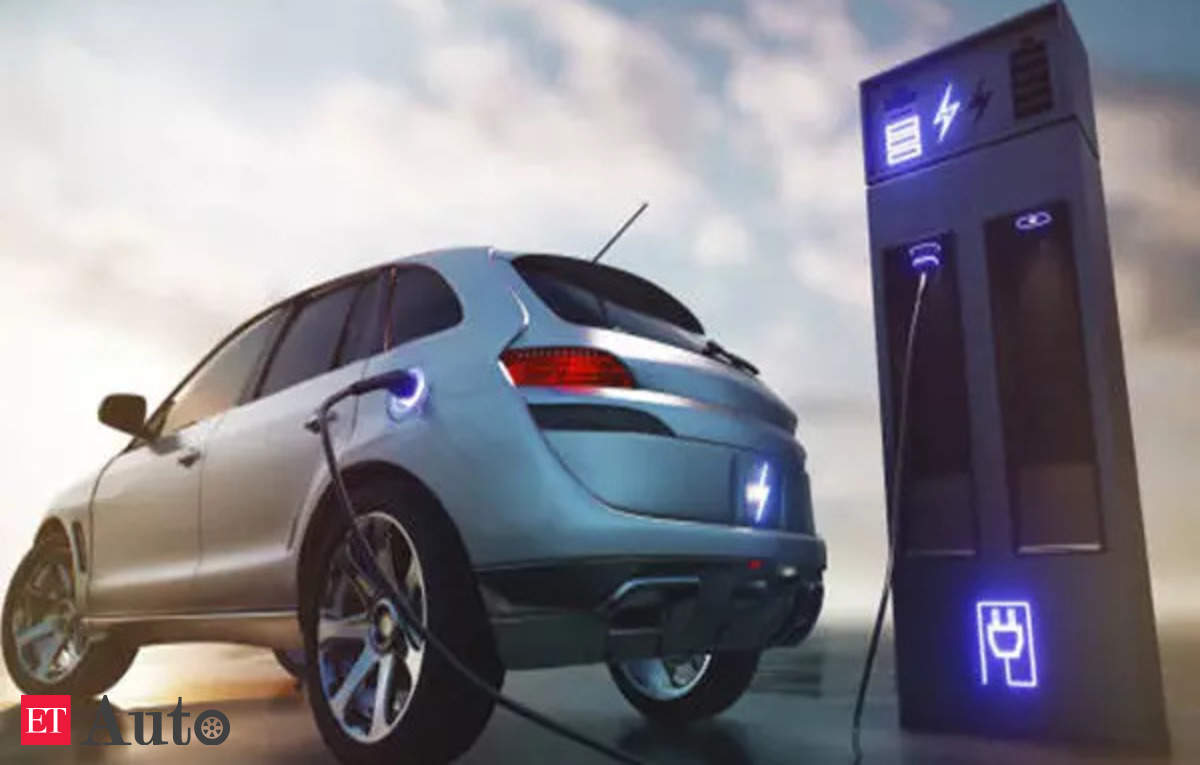Karnataka's Bold Move Towards Clean Mobility: Tax Cuts and Incentives Galore
Key Ideas
- Karnataka plans to offer significant tax cuts and financial incentives to companies in the clean mobility sector, including a substantial tax cut for hybrid cars, to boost adoption of clean vehicles.
- The state aims to attract investments by offering incentives on capital investments made by electric vehicle manufacturers and their component makers, potentially amounting to 25% of the investment.
- The move by Karnataka, home to the tech hub of Bengaluru, could make it the second state in India to provide tax breaks to hybrid cars, with Toyota being a key beneficiary of this policy shift.
Karnataka, a state in southern India and home to the tech city of Bengaluru, has unveiled plans to cut levies and offer financial incentives to companies operating in the clean mobility sector. This includes a significant tax cut for hybrid cars, aimed at boosting the adoption of clean vehicles like electric cars, specific hybrids, and hydrogen-based vehicles. The state also intends to provide incentives on capital investments made by electric vehicle manufacturers and their component makers. Karnataka's move is considered crucial as it could potentially make it the second state after Uttar Pradesh to provide tax breaks for hybrid cars, aligning with Toyota's advocacy for such incentives in New Delhi. While some companies like Tata Motors and Mahindra & Mahindra prefer focusing solely on electric vehicles, Karnataka's initiative aims to drive overall clean mobility vehicle adoption. The state plans to drop road tax and registration charges for hybrid cars priced under USD 30,000, significantly reducing the current tax rates of 13% to 18%. Additionally, incentives of up to 25% on capital investments are proposed, encouraging companies to expand their operations or establish new facilities for manufacturing electric vehicle components and charging infrastructure. Through this policy, Karnataka aims to attract up to USD 6 billion in new investments in the clean mobility sector. This bold step aligns with Prime Minister Narendra Modi's vision to increase the adoption of electric vehicles in India, with a target of achieving 30% fully electric vehicle sales by 2030. The competitive landscape among Indian states in offering tax incentives reflects the broader national objective of reducing pollution and curbing the fuel import bill.
